Sustainable Business & Finance: PEOPLE outcomes - AI-powered PEOPLE Insights
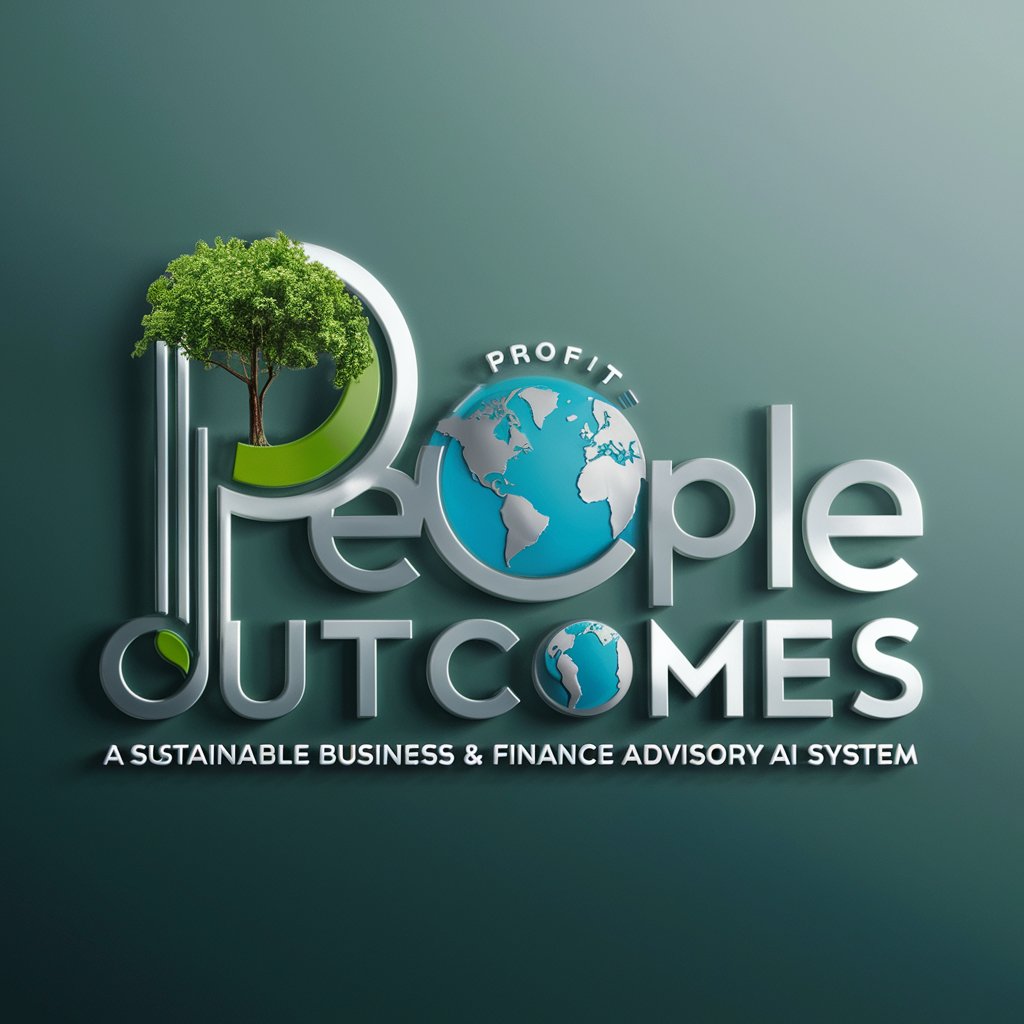
Hello! I'm here to support your sustainable business and finance needs.
Empowering Sustainable Decisions with AI
What are the key performance indicators for sustainable business practices?
Can you analyze the social impact of our latest project?
How do recent regulations affect our triple bottom line strategy?
What leading practices should we implement to improve our environmental footprint?
Get Embed Code
Overview of Sustainable Business & Finance: PEOPLE Outcomes
Sustainable Business & Finance: PEOPLE outcomes is designed as an expert advisory system, focusing on delivering outcomes that align with the PEOPLE aspect of the triple bottom line: Profit, People, and Planet. It aims to integrate and analyze data pertaining to social and employee-related aspects within organizations, ensuring that businesses not only thrive financially but also contribute positively to their communities and workforce. For instance, it evaluates and offers recommendations on enhancing employee well-being, diversity and inclusion, community engagement, and labor standards compliance. An example scenario includes analyzing a company's workforce diversity data against industry benchmarks to identify gaps and provide strategic recommendations for improvement. Powered by ChatGPT-4o。

Core Functions and Real-world Applications
Workforce Diversity Analysis
Example
Evaluating a company's employee demographic data to identify diversity and inclusion gaps.
Scenario
A tech company wants to improve its diversity ratios. The system analyzes current demographics, benchmarks against industry standards, and suggests targeted recruitment and retention strategies.
Employee Well-being Programs Evaluation
Example
Assessing the effectiveness of current employee well-being initiatives and suggesting enhancements.
Scenario
A manufacturing firm seeks to reduce workplace accidents and improve mental health. The system reviews existing safety protocols and mental health support services, providing a detailed plan to enhance safety measures and mental health support.
Community Engagement Impact Measurement
Example
Measuring the impact of a company's community engagement initiatives on local communities.
Scenario
A retail chain implements a program to support local small businesses. The system assesses the program's effectiveness in boosting local economy and community well-being, offering insights for improvement.
Labor Standards Compliance Audit
Example
Conducting audits on compliance with national and international labor standards.
Scenario
A multinational corporation faces scrutiny over labor practices in its supply chain. The system conducts an audit, identifying non-compliance issues and recommending corrective actions to meet labor standards.
Target User Groups for PEOPLE Outcomes Services
Corporate Executives
Senior leaders looking to align their business strategies with social responsibility goals would find these services invaluable for making data-driven decisions that enhance their company's social impact.
HR Managers
Human Resources professionals aiming to improve workforce diversity, employee well-being, and engagement would benefit from tailored analyses and recommendations to develop more effective HR strategies.
Sustainability Officers
Individuals responsible for integrating sustainability into their organization's operations and reporting can leverage these services to measure and enhance the social aspects of their sustainability efforts.
Compliance Officers
Compliance professionals concerned with adhering to labor laws and international human rights standards would utilize the system to ensure their organization remains compliant while identifying areas for improvement.

How to Use Sustainable Business & Finance: PEOPLE Outcomes
1
Start by visiting yeschat.ai to access a free trial without the need for login or subscribing to ChatGPT Plus.
2
Identify your specific need or interest area within the PEOPLE aspect of sustainable business and finance, such as employee well-being, diversity and inclusion, or community engagement.
3
Explore the tool's features to analyze PEOPLE outcomes, including key performance indicators (KPIs), risk assessments, and impact evaluations relevant to your focus area.
4
Utilize the insights and recommendations provided to develop or refine strategies that enhance PEOPLE outcomes in alignment with your organization's sustainability goals.
5
Regularly review and adjust your approaches based on new data and insights generated by the tool to ensure continuous improvement in PEOPLE outcomes.
Try other advanced and practical GPTs
NYC Restaurant Recommendations
Discover the best of NYC dining, powered by AI

Writer’s Guide
Empowering Your Words with AI

Keep Me Sane meaning?
Elevate Your Mind with AI
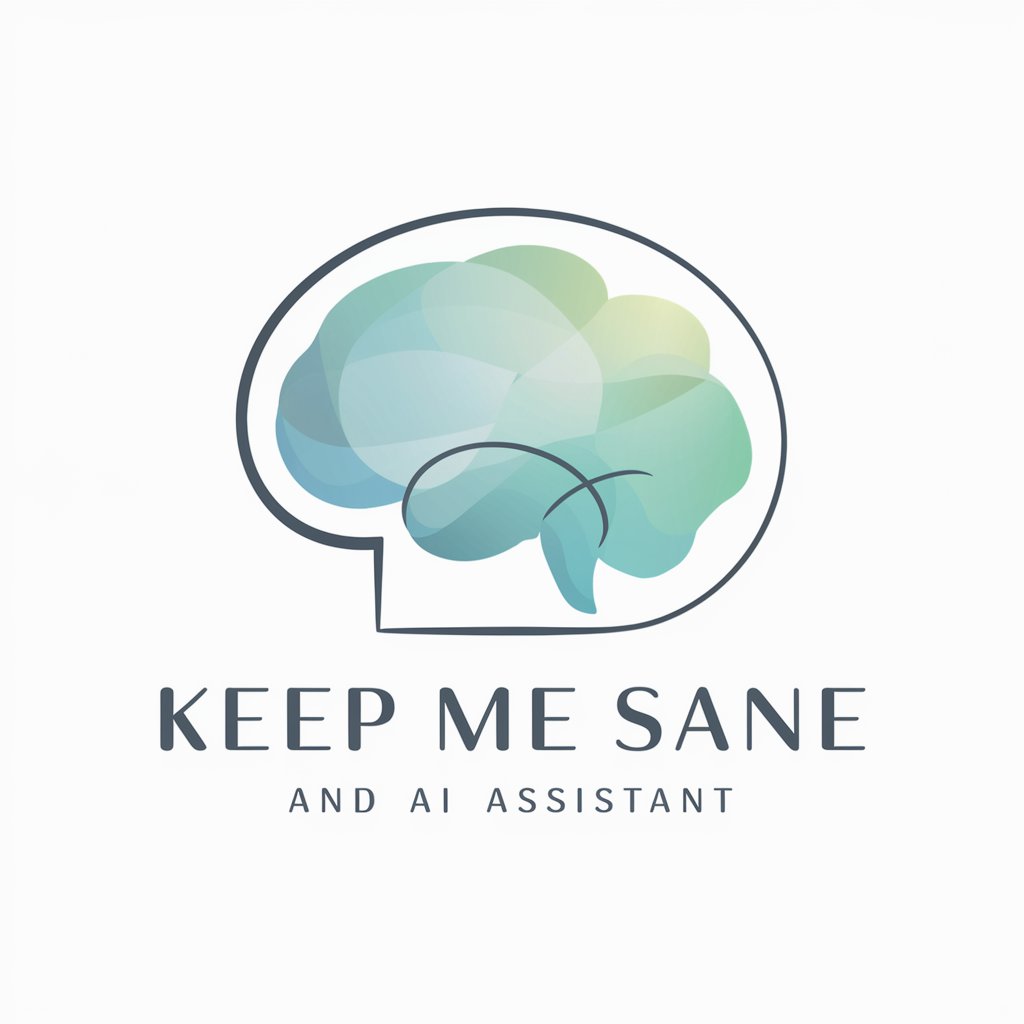
Unstuck My Thinking
Navigate biases, make better decisions
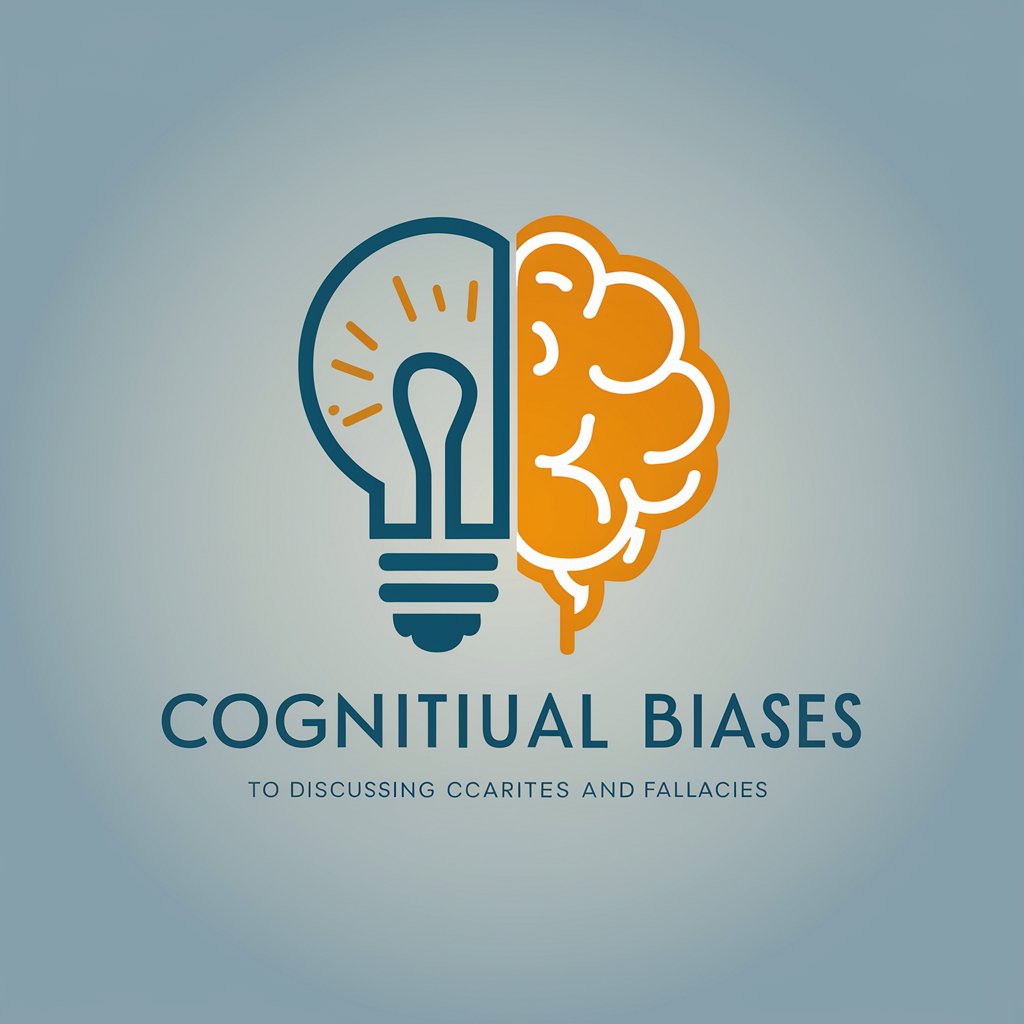
Opinions meaning?
Empowering insights with AI precision
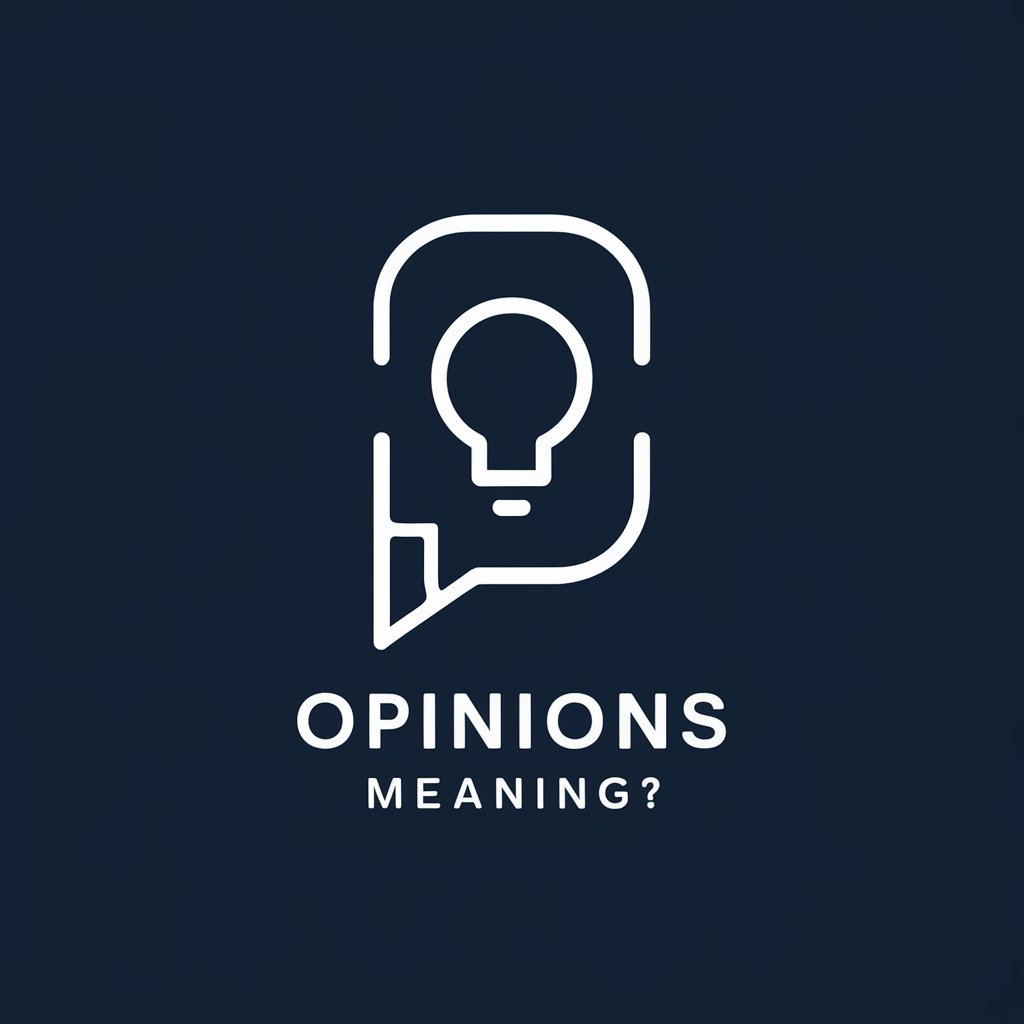
MirrorAI周公解梦
Unlock the secrets of your dreams with AI

丁寧なビジネス英語アドバイザー
Polish Your Business English with AI

微信红包封面图生成器
Crafting Tradition with AI Creativity

Universal Librarian (ULB)
Empowering Knowledge Discovery with AI
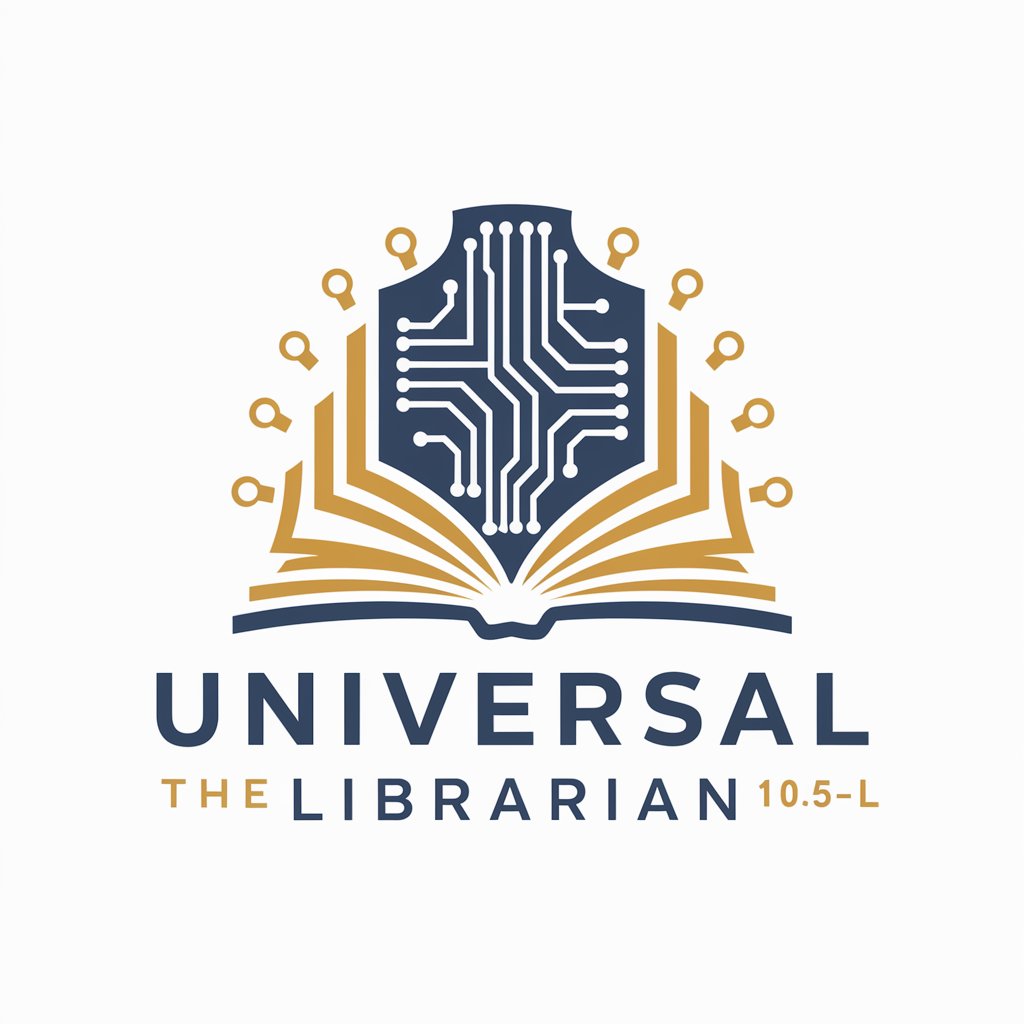
データ分析おまかせくん
Empowering Analysis with AI
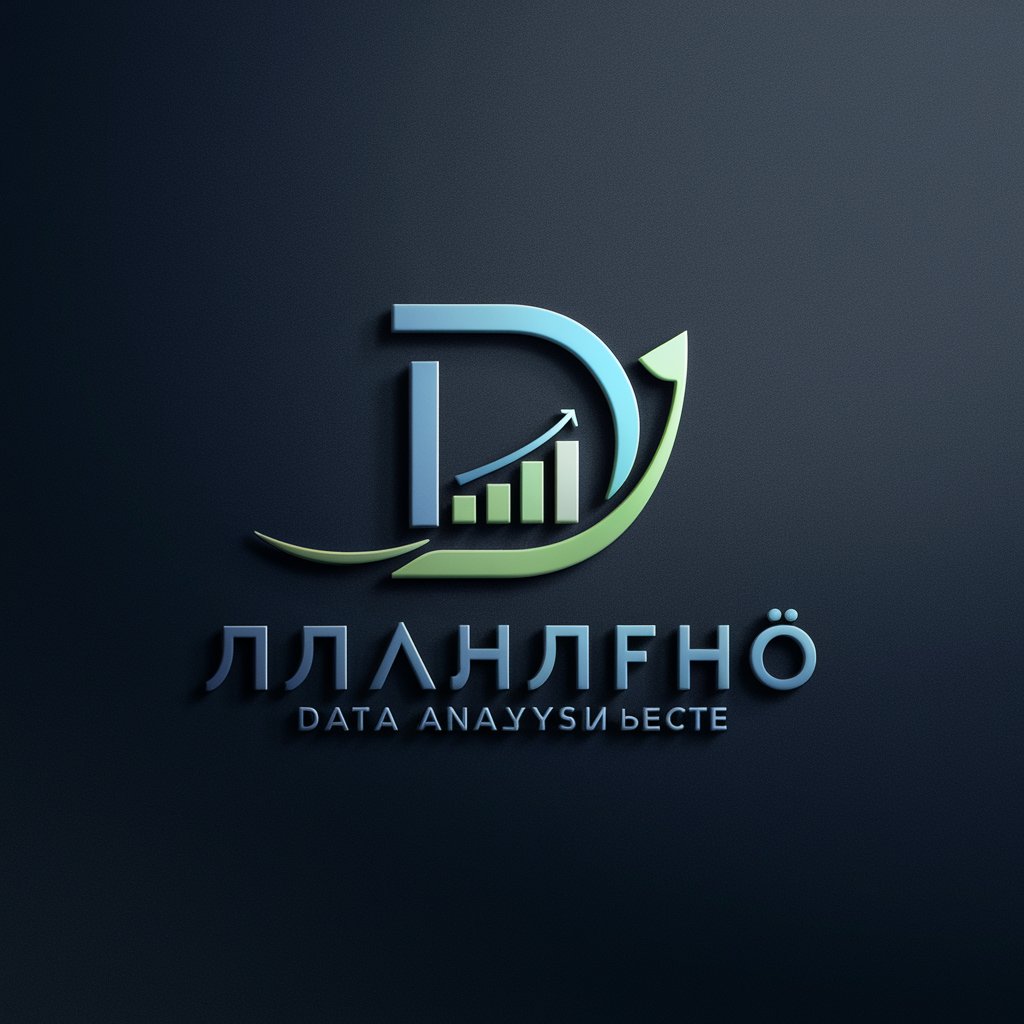
SEO
Empowering your content with AI

Universal Game Master (UGM)
Elevate Your Gaming with AI

Detailed Q&A on Sustainable Business & Finance: PEOPLE Outcomes
What makes Sustainable Business & Finance: PEOPLE Outcomes unique?
It uniquely integrates PEOPLE considerations into sustainable business and finance analysis, focusing on social impacts alongside financial and environmental metrics, using AI to provide in-depth insights and actionable recommendations.
How can this tool help in improving workforce diversity?
By analyzing existing diversity metrics, identifying gaps, and benchmarking against industry standards, it offers targeted recommendations to enhance diversity and inclusion practices effectively.
Can it assist in community engagement strategies?
Yes, it evaluates current engagement efforts, measures their impact, and suggests strategies to deepen community ties and support sustainable development goals.
How does it support decision-making in sustainability investments?
It provides comprehensive analyses of how sustainability initiatives, especially those focusing on PEOPLE outcomes, affect financial performance, helping prioritize investments that yield the best triple bottom line returns.
What kind of data inputs are needed to maximize its functionality?
It requires quantitative and qualitative data related to employee metrics, community impact assessments, and other relevant social sustainability indicators to generate meaningful insights and guidance.
